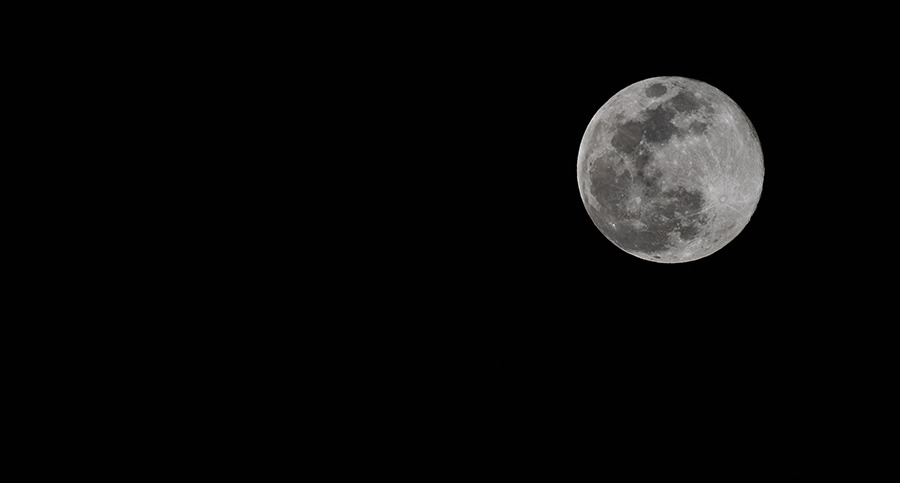Originally posted on LinkedIn
Aiming to surpass all other previous missions and establish a lunar ‘palace‘ on the moon, China, for the first time, successfully landed its Chang’e spacecraft on Jan 2, 2019, on the far side of the moon. China might be playing catch up, however in the decade since 2007, it has shown the world that it is a force to be reckoned with as it makes headway in leaps and bounds. It now boasts the largest radio telescope in the world, the first quantum communications satellite and the Global COMPASS (BeiDou) navigation satellite system all aimed at facilitating it’s space program and keeping eyes on its neighbours.
The latter is what concerns the USA since its space assets are dependent on GPS for it’s guided missile technology and for navigation. China’s space infrastructure programs including BeiDou will make the USA vulnerable. In fact, the government of China says it is in no rush and is embarked on a long-term program of sustainable development. Come 2022 when the (USA-USSR) ISS is being decommissioned, China will be launching its own space station, making it maybe the only contender with a space station for the near-term future.
Why colonize the moon? Well, there are huge resources on the moon and in space. For example, the moon has water which can be decomposed into hydrogen for fuel and oxygen for humans to breathe. And a lunar base will provide economical support for further missions afield such as Mars. Some see China’s ‘move’ for the moon as a strategic one, allowing it to establish the ‘rules’ of who can come and under what conditions. We already have seen in the past where Chinese were not allowed onto the ISS by the Americans.
The Chinese are fierce, strong-willed and determined. Unlike other countries who seem far less focussed (USA?) with mission changes every time there is a change in political power, the Chinese are steadfast. In fact, there is a fear that China will dominate space in the next decade or less with scheduled manned missions to the moon and beyond.
As Trump recently spoke, it is not about just having a presence in space, it is about the dominance of space, whereby one nation could dictate the rules on how other nations may or may not come and go.























